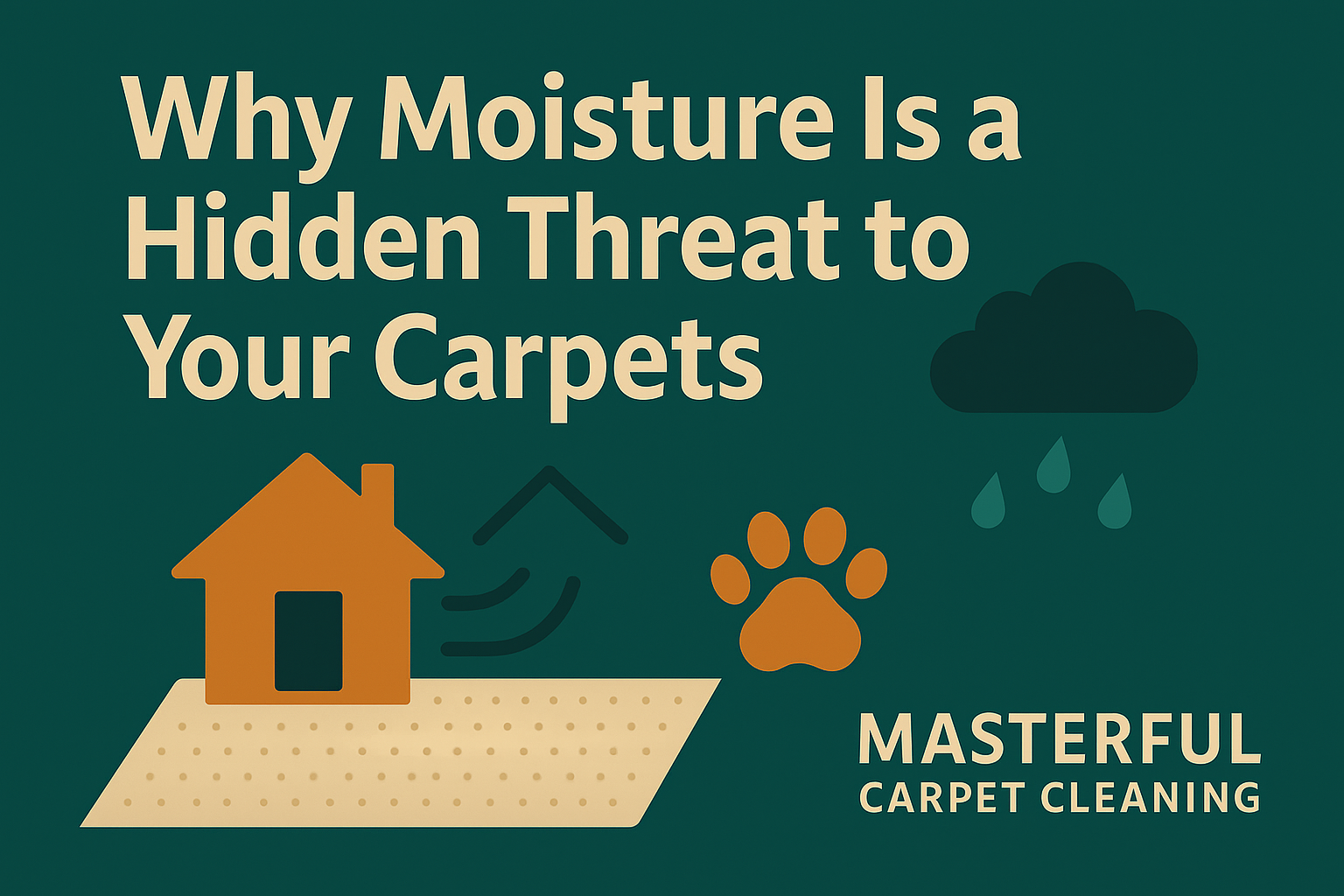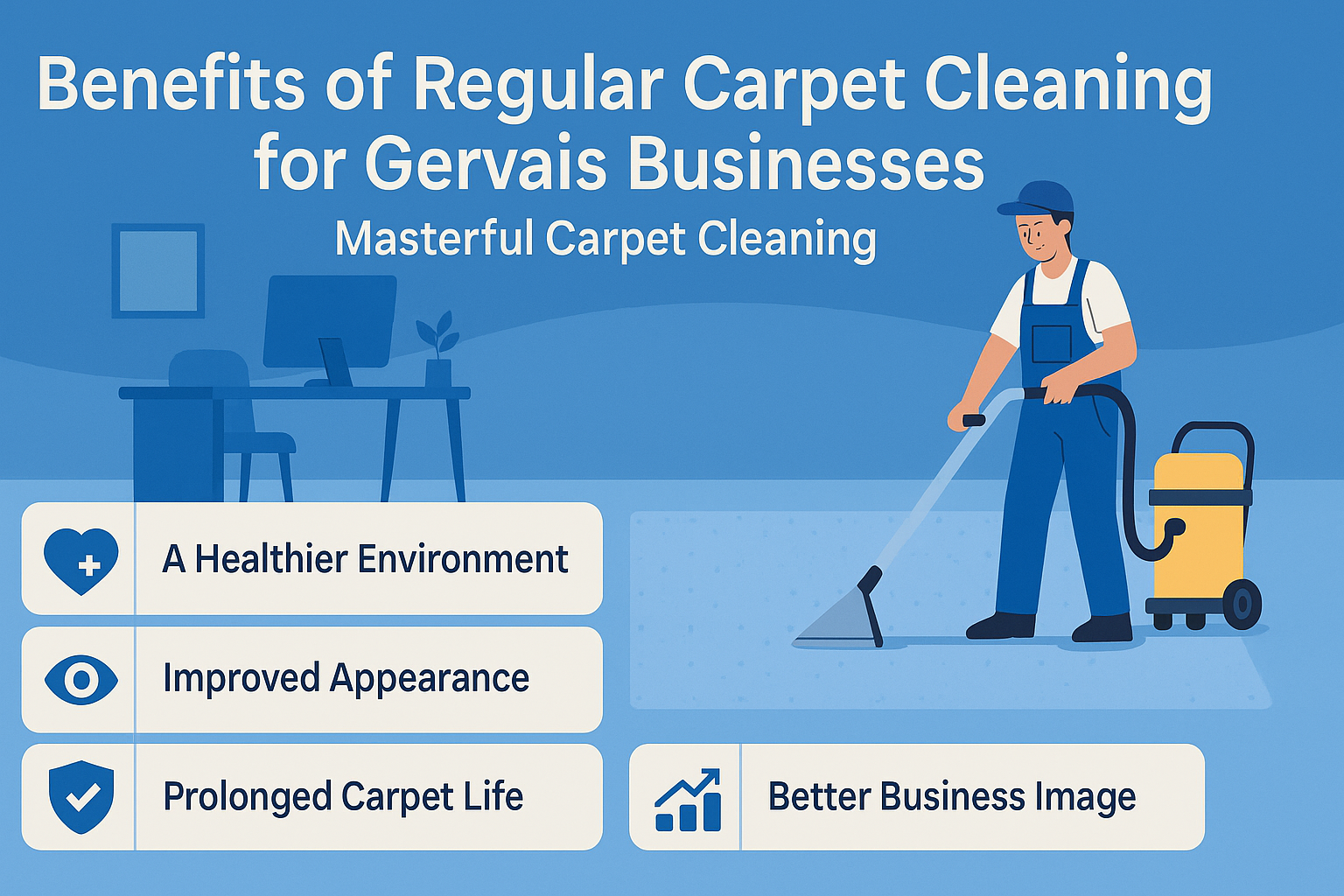How Different Carpet Materials Affect Lifespan

Choosing the right carpet for your home or office is more than just a matter of style and comfort; it’s also about longevity. The lifespan of a carpet is significantly influenced by the type of material it’s made of.
How Do Different Materials Impact Carpet Longevity?
Different materials come with their own set of advantages and disadvantages when it comes to longevity. From natural materials like wool and cotton to synthetic options like polyester and nylon, each has its unique impact on how long your carpet will last.
What Are the Best Materials for a Long-Lasting Carpet?
If you’re looking for a carpet that stands the test of time, understanding the role of material in its lifespan is key.

Natural Materials
What Are the Benefits of Natural Carpet Materials?
Natural carpet materials like wool and cotton have been popular choices for years, and for good reason. These materials are not only aesthetically pleasing but also offer a range of benefits when it comes to longevity. Wool, for instance, is highly durable and can last for decades if properly maintained.
How Long Do Natural Carpets Typically Last?
The lifespan of natural carpets varies depending on the material and how well it’s cared for. Wool carpets can last up to 20 years or more with proper maintenance, while cotton carpets generally have a shorter lifespan, ranging from 5 to 10 years.
Are Natural Carpets Eco-Friendly?
One of the standout features of natural carpets is their eco-friendliness. Materials like wool and cotton are biodegradable and sourced from renewable resources, making them an excellent choice for those looking to reduce their environmental impact.

Synthetic Materials
What Are the Benefits of Synthetic Carpet Materials?
Synthetic materials such as polyester and nylon offer a range of advantages when it comes to carpet longevity. These materials are engineered to be highly durable and resistant to common carpet woes like stains and wear. Polyester, for example, is known for its stain resistance, while nylon excels in durability.
How Long Do Synthetic Carpets Typically Last?
The lifespan of synthetic carpets can vary widely based on the quality of the material and maintenance. Generally speaking, a well-maintained nylon carpet can last up to 15 years, while polyester carpets tend to have a lifespan of around 5 to 12 years.
Are Synthetic Carpets Less Expensive?
One of the appealing features of synthetic carpets is their cost-effectiveness. Compared to natural materials like wool, synthetic options like polyester and nylon are generally more affordable, making them a popular choice for those on a budget.

Factors Affecting Lifespan
How Does Foot Traffic Affect Carpet Lifespan?
While the material of your carpet plays a significant role in its longevity, other factors like foot traffic can also have a considerable impact. High-traffic areas like hallways and living rooms can cause quicker wear and tear, reducing the carpet’s overall lifespan.
What Role Does Maintenance Play in Carpet Longevity?
Proper maintenance is crucial for extending the life of any carpet, regardless of its material. Regular vacuuming, prompt stain removal, and periodic professional cleaning can go a long way in preserving the quality and extending the lifespan of your carpet.
Can Weather Conditions Affect the Lifespan of Different Carpet Materials?
Environmental factors such as humidity and temperature can also influence how long your carpet lasts. For instance, carpets in humid climates are more susceptible to mold and mildew, which can significantly shorten their lifespan.

Maintenance Tips
How Often Should You Clean Your Carpet?
The frequency of cleaning your carpet largely depends on its material and the amount of foot traffic it receives. A good rule of thumb is to vacuum at least once a week and opt for professional cleaning at least once a year to maintain its longevity.
Can Professional Cleaning Extend Carpet Lifespan?
Yes, professional cleaning can significantly extend the lifespan of your carpet. Specialized equipment and cleaning solutions can remove deep-seated dirt and stains that regular vacuuming can’t, thereby preserving the quality of the carpet.
What Are Some DIY Tips for Carpet Maintenance?
For those who prefer the DIY route, simple practices like prompt stain removal, using carpet protectors in high-traffic areas, and rotating the carpet every few months can help maintain its quality and extend its lifespan.

Buying Guide
What Should You Consider When Buying a New Carpet?
When purchasing a new carpet, it’s essential to consider several factors, including material, budget, and the area where it will be placed. The right combination of these elements will ensure you get the best value for your money.
How Can You Get the Best Value for Your Money?
To get the most out of your investment, focus on carpets that offer a balance between quality and cost. Look for trusted brands and consider the warranty offered, as this often indicates the manufacturer’s confidence in the product’s durability.
What Are Some Trusted Brands for Long-Lasting Carpets?
While brand preference can be subjective, some well-known names in the industry are synonymous with quality and durability. Brands like Shaw, Mohawk, and Stainmaster are often recommended for their long-lasting carpets.
What Is the Key About Carpet Material and Lifespan?
The material of a carpet plays a pivotal role in determining its lifespan. Whether you opt for natural materials like wool and cotton or synthetic ones like polyester and nylon, each has its own set of pros and cons that affect longevity.
What Are the Best Practices for Choosing a Long-Lasting Carpet?
The best practice for choosing a durable carpet is to consider not just the material but also other factors like foot traffic, maintenance, and environmental conditions. Balancing these elements will help you make an informed decision.
How Can One Prolong the Lifespan of Their Carpet?
Prolonging the lifespan of your carpet is achievable through regular maintenance, including vacuuming, stain removal, and professional cleaning. Understanding the specific care requirements of the material you choose can go a long way in extending its life.

Frequently Asked Questions
Is wool more durable than cotton for carpets?
Yes, Wool is generally more durable than cotton when used in carpets. Wool fibers are more resilient and can bounce back from compression, making wool carpets last up to 20 years with proper care, while cotton carpets generally last 5 to 10 years.
Do synthetic carpets usually contain harmful chemicals?
No, Not all synthetic carpets contain harmful chemicals. Evidence: Many synthetic carpets are now manufactured to be low-VOC and environmentally friendly.
Is stain-resistance inherent in polyester carpets?
Yes, Polyester carpets inherently have good stain resistance. Polyester fibers are non-porous, making them resistant to water-based stains.
Can natural carpets be dyed in various colors?
Yes, Natural carpets like wool and cotton can be dyed in various colors. Wool and cotton have natural fibers that can absorb dyes well, allowing for a wide range of color options.
Does foot traffic affect all types of carpet materials equally?
No, Foot traffic does not affect all types of carpet materials equally. Some materials like nylon are more resilient to foot traffic, while others like cotton wear out more quickly.
Is professional cleaning always recommended for all carpet types?
No, Professional cleaning is not universally recommended for all carpet types. Some delicate natural fibers like silk may require specialized cleaning methods and may not be suitable for standard professional cleaning.
Do all carpets need an underpad?
No, Not all carpets require an underpad. Carpets like woven wool often have built-in padding and may not require an additional underpad.
Is humidity generally bad for all types of carpets?
No, Humidity is not universally bad for all types of carpets. While it can cause mold and mildew in some materials, others like synthetic fibers are more resistant to humidity.
Can all carpets be installed over radiant heat flooring?
No, Not all carpets are suitable for installation over radiant heat flooring. Carpets with high thermal resistance, like some synthetic options, may not be ideal for radiant heat flooring.
Are all-natural carpets more expensive than synthetic ones?
No, Not all natural carpets are more expensive than synthetic ones. While wool is generally more expensive, other natural options like jute and sisal can be more affordable compared to high-end synthetic carpets.
Author
-

As the Co-Owner of Masterful, Randy has been providing quality cleaning services to the Salem and Portland areas of Oregon for many years. He has built a reputation for excellence in the industry. His team take prides in using the latest cleaning techniques and technologies to deliver exceptional results every time.
View all posts






